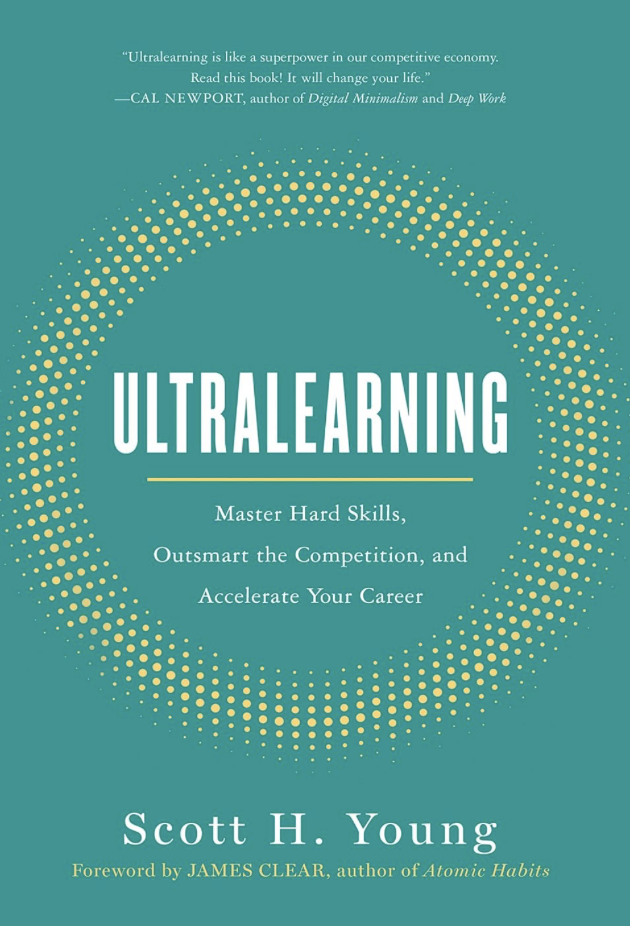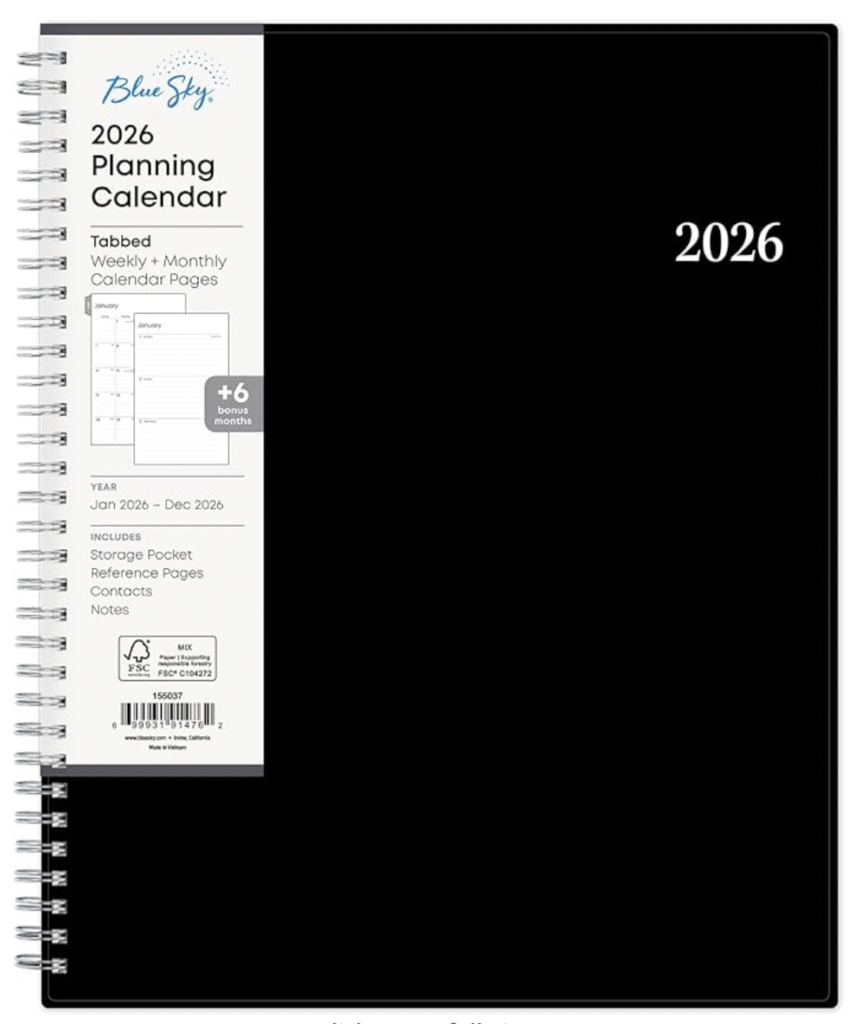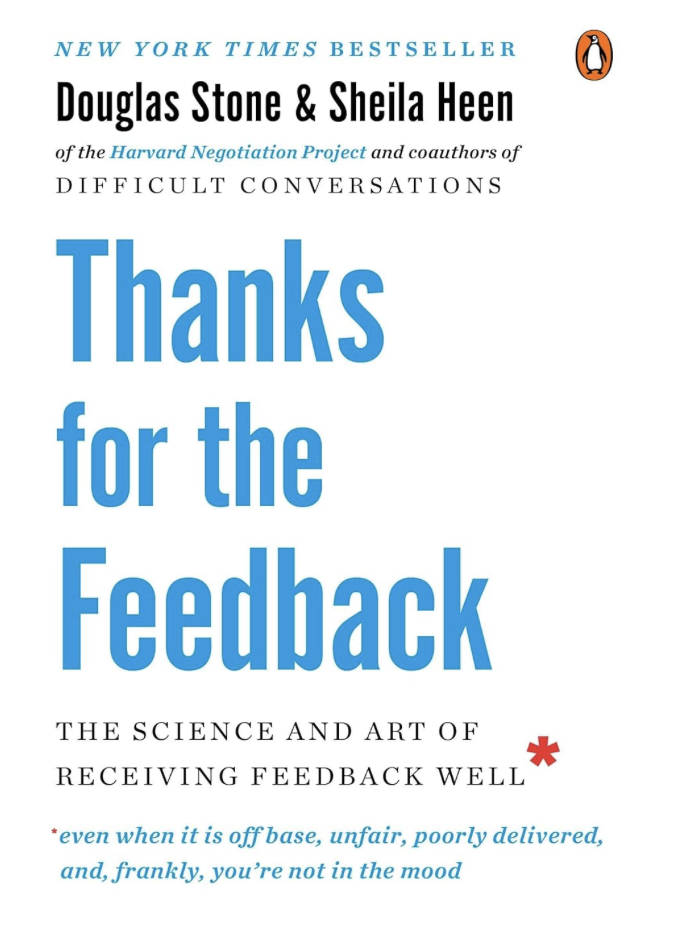When I was younger, I thought finding your dream career meant discovering a single, perfect job that would instantly make life fall into place. Now, after years of studying, researching, working, and facing a few setbacks along the way, I’ve realized that building your dream career is less about luck and more about persistence, clarity, and growth.
For me, that dream is becoming a surgeon — something I’ve been working toward for years through years of hard classes, research, clinical experience, and endless applications. But these steps aren’t just for people in medicine; they apply to anyone chasing something big, whether you want to be a writer, designer, entrepreneur, or teacher. Here are ten things I’ve learned (and am still learning) on the road to making it happen.
1. Define What Your “Dream Career” Really Means
This sounds simple, but a “dream career” is different for everyone. It’s not just the title or paycheck — it’s about how your work fits into the kind of life you want.
When I picture being a surgeon, I don’t just see the paycheck and clout of having a ‘hard job’; I imagine working in an environment that challenges me intellectually and allows me to help people in a tangible way. That’s my why. Once you define what motivates you — your values, your ideal workday, your priorities — every decision becomes clearer.
2. Research Like It’s Your Job (Because It Kind of Is)
Dreams start to take shape when you understand what they actually look like day to day. For me, that meant shadowing physicians, reading research articles, and asking real doctors about the parts of their job that aren’t glamorous.
Whether you’re aiming for medicine, law, or creative work, learn everything you can. Listen to podcasts, find mentors, read blogs from people in that field. The more you learn, the more strategic you can be about your next move. Also, everyone has a different experience in their position, so the more people you talk to, the more you’ll learn.
3. Identify the Skills You’re Missing
This part can sting a little, especially if you’re a chronic overacheiver. I had to confront the areas I wasn’t strong in — certain subjects, technical research skills, even public speaking. It’s not fun to admit where you fall short, but it’s powerful.
Make a list of what your dream job actually requires, and be honest about where you stand. Then turn that list into your roadmap. It shifts your mindset from “I’m not there yet” to “I’m building the skills to get there.”
Scott H. Young wrote a book to help with this exact dilemma. “Ultralearning: The Essential Guide to Mastering Hard Skills and Future-Proofing Your Career” is a best selling book that has helped me to plan out my own learning and maximize my time. Throughout the book he explains how to continue learning constantly and break out of mental ruts. This book is totally worth the $10 if you’re trying to jumpstart your success.
4. Create a Learning Plan You Can Stick To
Once you know what you need, make a plan. When I realized I needed to strengthen my foundation in research, I joined a lab working on HIV and heart disease. It wasn’t easy but it gave me hands-on experience and confidence.
You don’t have to take on massive commitments right away. Start with online courses, short internships, or volunteer work that adds depth to your skill set. Progress adds up faster than you think.
Use a planner to keep track of your learning and progress. I don’t know about you but writing things down and planning my week is the only way to keep myself accountable. I love these ones from Big Sky on Amazon, they’re simple, cheap, and cute too!
5. Build a Personal Brand That Reflects You
I used to roll my eyes at the term “personal brand,” but it’s just another way of saying, be intentional about how you present yourself.
Your online presence — especially LinkedIn or a portfolio — should reflect your goals. Share your projects, talk about what excites you, and let your personality show through. The more authentic you are, the more you’ll attract people and opportunities that fit your path.
6. Network Authentically (Not Awkwardly)
Networking used to make me nervous. I imagined it as forced small talk or transactional conversations. But when I started reaching out to physicians and researchers out of genuine curiosity, it completely changed.
I’ve had incredible conversations just by asking, “How did you get where you are?” or “What do you wish you’d known when you started?” People can tell when you’re being real. And when you build authentic relationships, opportunities often follow naturally. Networking is how most successful people find new positions and expand their resume.
7. Tell Your Story, Don’t Just List Your Skills
When it comes to resumes, applications, or interviews, I’ve learned that storytelling is everything. Facts tell; stories sell.
Instead of just saying, “I worked in a lab,” I talk about why the research mattered to me and what I learned from it. Employers and admissions committees aren’t just looking for qualifications — they’re looking for purpose and resilience. Tell them the story behind your journey.
8. Treat Every Setback as Data, Not Defeat
I’ve faced rejection letters that made me question everything. But each one taught me something valuable — sometimes about my writing, sometimes about my approach, and sometimes about timing.
When something doesn’t go the way you hoped, try to see it as feedback rather than failure. Ask yourself what it’s trying to teach you. I know it’s cliché, but the truth is, every “no” has pushed me closer to a stronger “yes.”
“Thanks for the Feedback: The Science and Art of Receiving Feedback Well” is yes, another book this time by Douglas Stone. This book taught me how to take the feedback I’m given (even if it hurts) and put it to use to improve myself.
9. Refine as You Go
The path to your dream career isn’t linear. My own plans have shifted so many times — new opportunities, different mentors, changing perspectives. And that’s okay.
I’ve learned that flexibility is part of the process. Reflect regularly on what’s working and what isn’t. Sometimes, refining your path doesn’t mean giving up — it means getting closer to the version of your dream that fits you best.
10. Stay Patient, Persistent, and Kind to Yourself
Patience might be the hardest lesson of all. When you’re ambitious, it’s tempting to want everything to happen now. I’m the queen of instant gratification. But the best things — confidence, experience, clarity — come slowly.
There have been moments when I felt behind or uncertain, but I’ve learned to focus on small wins: completing a project, connecting with someone inspiring, mastering a new skill. Every step forward counts.
The journey toward your dream career isn’t about perfection — it’s about persistence. Keep showing up, keep learning, and trust that the version of you who started this journey deserves to see it through.
I don’t have it all figured out yet, and maybe that’s the point. Every rejection, every late night, every unexpected turn has taught me something about resilience, purpose, and who I want to be.
Your dream career isn’t a finish line — it’s a process of becoming. And if you’re somewhere in the middle of that process, wondering if it’s worth it, I promise you — it absolutely is. If you can’t find some enjoyment in the journey, who’s to say you will find enjoyment once you reach your goal? Also, don’t forget that we are on a floating rock and it’s not that serious sometimes.



